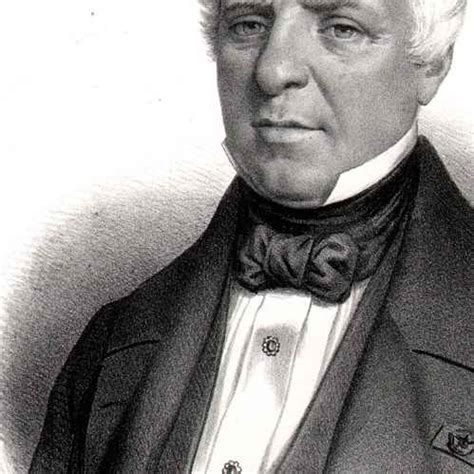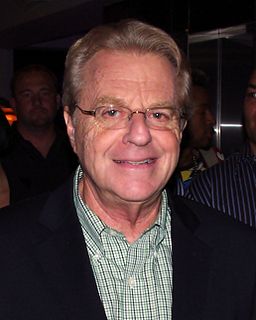A Quote by Joseph Roux
The folly which we might have ourselves committed is the one which we are least ready to pardon in another.
Related Quotes
Now, therefore, I, Gerald R. Ford, President of the United States, pursuant to the pardon power conferred upon me by Article II, Section 2, of the Constitution, have granted and by these presents do grant a full, free, and absolute pardon unto Richard Nixon for all offenses against the United States which he, Richard Nixon, has committed or may have committed or taken part in during the period from January 20, 1969 through August 9, 1974.
We set up a certain aim, and put ourselves of our own will into the power of a certain current. Once having done that, we find ourselves committed to usages and customs which we had not before fully known, but from which we cannot depart without giving up the end which we have chosen. But we have no right, therefore, to claim that we are under the yoke of necessity. We might as well say that the man whom we see struggling vainly in the current of Niagara could not have helped jumping in.
The path of least resistance and least trouble is a mental rut already made. It requires troublesome work to undertake the alternation of old beliefs. Self-conceit often regards it as a sign of weakness to admit that a belief to which we have once committed ourselves is wrong. We get so identified with an idea that it is literally a pet notion and we rise to its defense and stop our eyes and ears to anything different.
O admirable Mother of God! How many sins have I committed for which thou hast obtained pardon for me, and how many others would I have committed if thou hadst not preserved me? How often have I seen myself on the brink of Hell in obvious danger of falling into it but for thy most benign hand which saved me? How often would the Roaring Lion of Hell have devoured and swallowed up my soul had not the charity of thy heart opposed him? Alas! Without thee, my dearest and my all-good Mother, where should I be today? I should be in the fiery furnace of Hell from which I would never emerge!
If there be ground for you to trust, as you do, in your own righteousness, then all that Christ did to purchase salvation, and all that God did from the fall of man to prepare the way for it, is in vain. Consider what greater folly could you have devised to charge upon God than this, that all those things were done so needlessly; when, instead of all this, He might only have called you forth, and committed the business to you, which you think you can do so easily.
One’s relationship with money is lifelong, it colors one’s sense of identity, it shapes one’s attitude to other people, it connects and splits generations; money is the arena in which greed and generosity are played out, in which wisdom is exercised and folly committed. Freedom, desire, power, status, work, possession: these huge ideas that rule life are enacted, almost always, in and around money.
The annual World Day of Prayer for the Care of Creation will offer individual believers and communities a fitting opportunity to reaffirm their personal vocation to be stewards of creation, to thank God for the wonderful handiwork which he has entrusted to our care, and to implore his help for the protection of creation, as well as his pardon for the sins committed against the world in which we live.




































